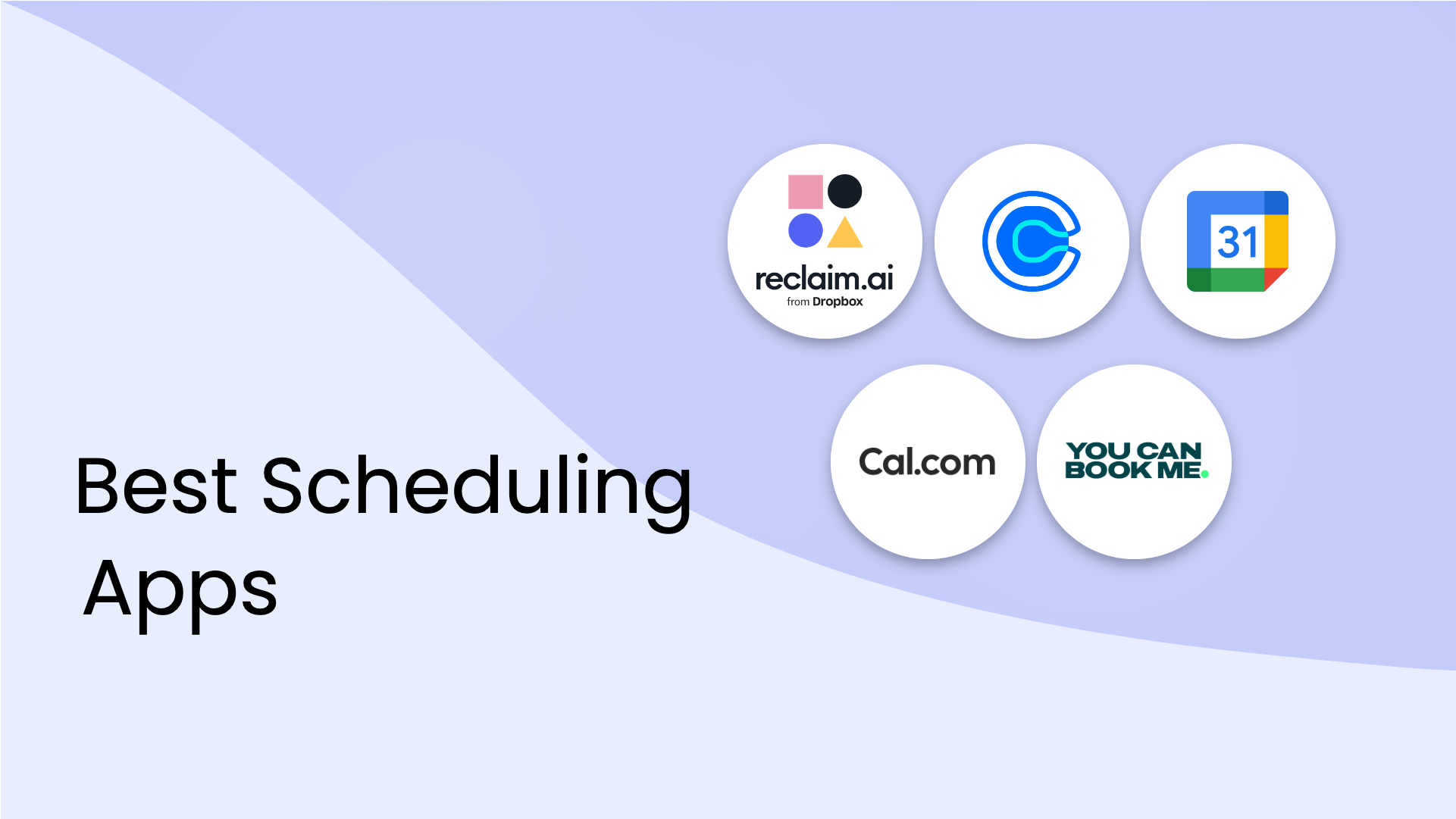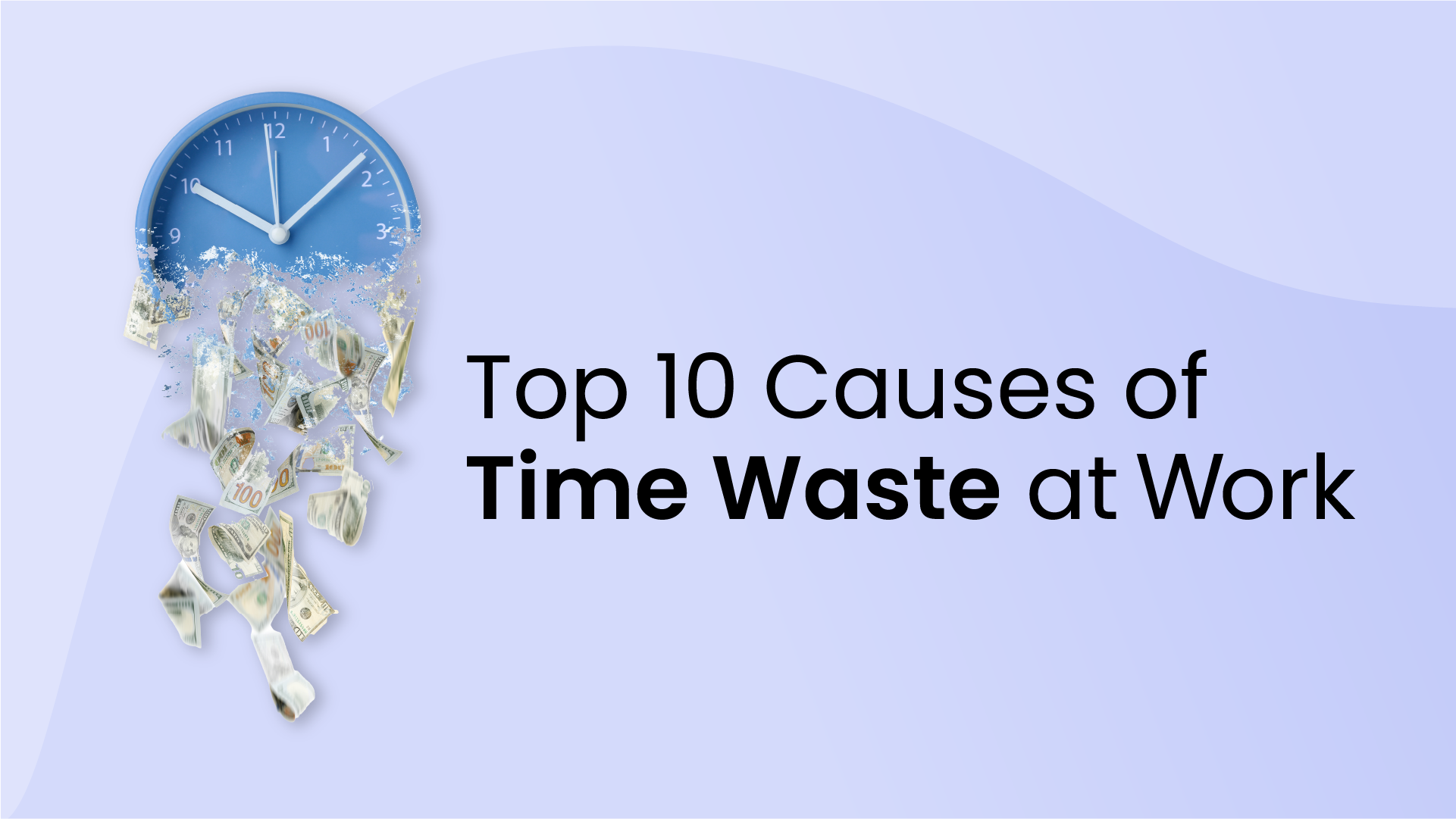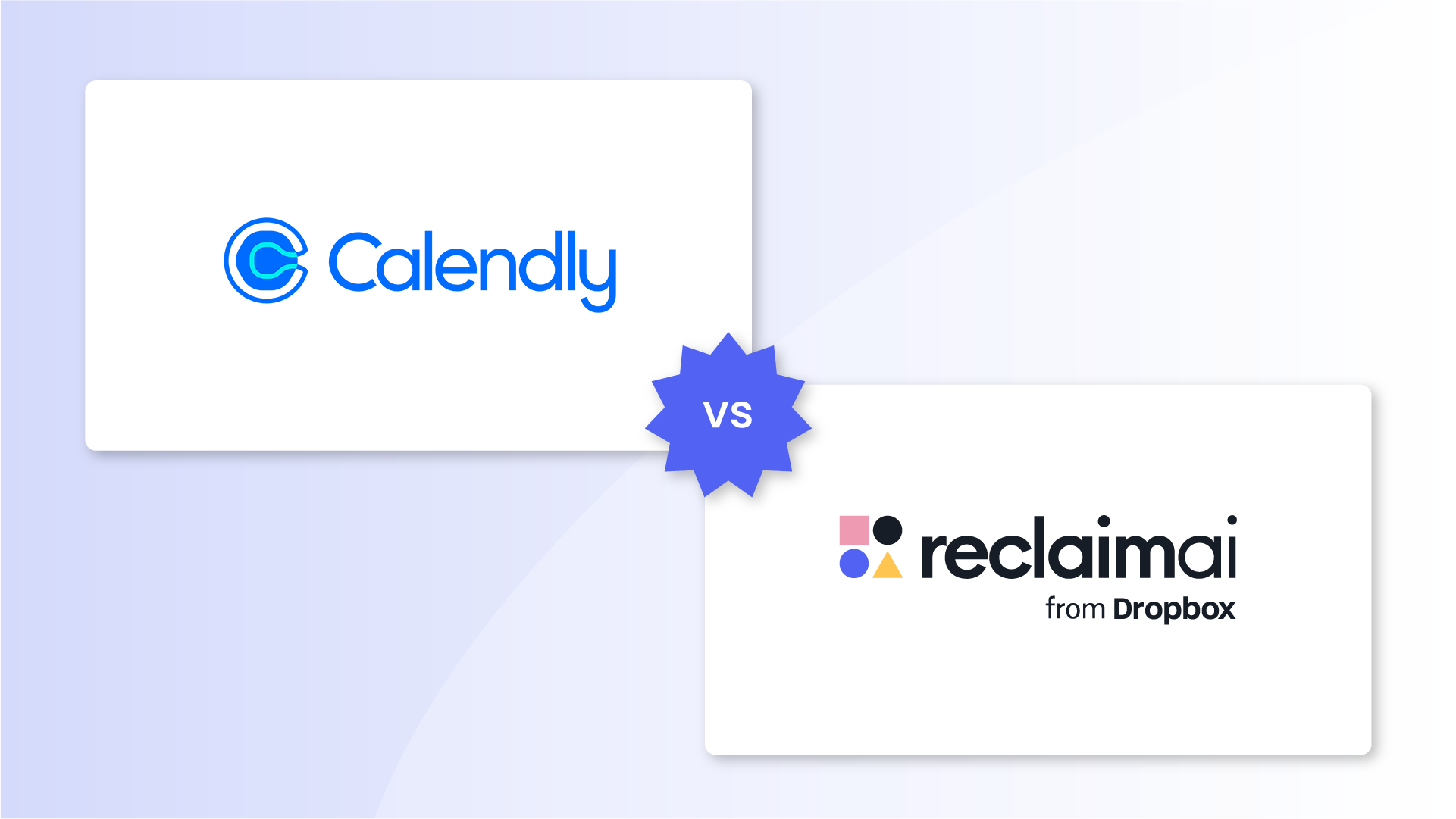Data Privacy & Security
We know that your calendar is a sensitive space, and we view it as a privilege to be entrusted to manage it for you.
Privacy, data protection, and security are our highest priority at Reclaim, and ultimately we believe that your data belongs to you. We aim to be extremely clear and intentional about how and when we collect, store, transmit and use your data.
Our default mindset is simple: do no harm, and don’t be creepy.
Fundamentally, we believe in the following key principles regarding your data and privacy:
- Your data is ultimately yours, and you should have control over who has access to it.
- You should be able to delete and remove your data from our software whenever you want, without having to jump through hoops or argue with anyone.
- Your data should be protected, both at rest and in transit.
- Your data shouldn’t be accessed by anyone else without your consent, and you should never have to provide more data than the minimum necessary to provide value to you.
Find and download additional details and resources about Reclaim Security and Privacy at our Trust Center: https://trust.reclaim.ai











.png)




























